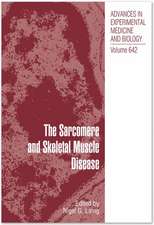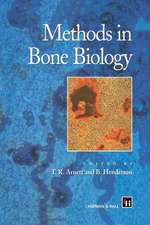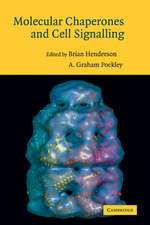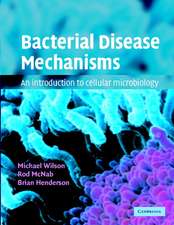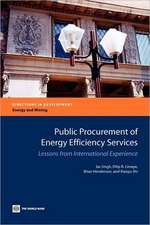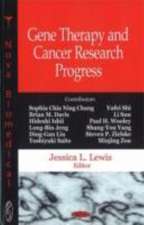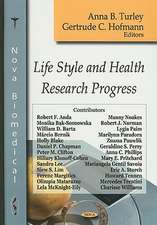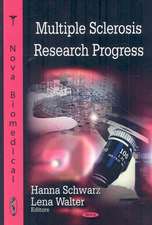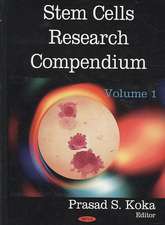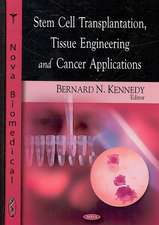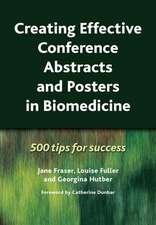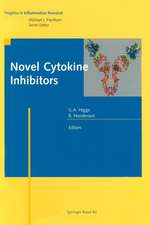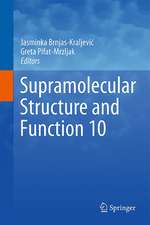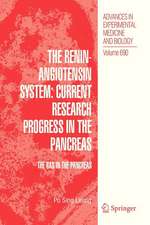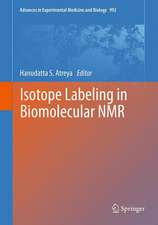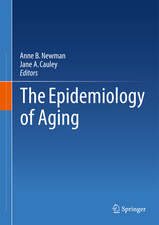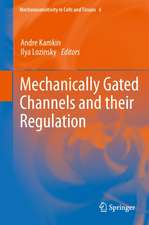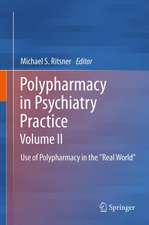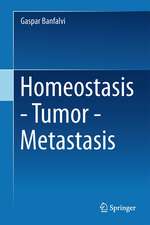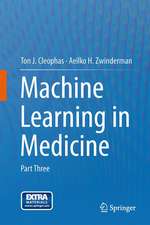Moonlighting Cell Stress Proteins in Microbial Infections: Heat Shock Proteins, cartea 7
Editat de Brian Hendersonen Limba Engleză Hardback – 24 iul 2013
| Toate formatele și edițiile | Preț | Express |
|---|---|---|
| Paperback (1) | 1101.37 lei 6-8 săpt. | |
| SPRINGER NETHERLANDS – 6 aug 2015 | 1101.37 lei 6-8 săpt. | |
| Hardback (1) | 1116.21 lei 6-8 săpt. | |
| SPRINGER NETHERLANDS – 24 iul 2013 | 1116.21 lei 6-8 săpt. |
Din seria Heat Shock Proteins
- 15%
 Preț: 659.02 lei
Preț: 659.02 lei - 5%
 Preț: 732.92 lei
Preț: 732.92 lei - 15%
 Preț: 649.87 lei
Preț: 649.87 lei - 15%
 Preț: 649.87 lei
Preț: 649.87 lei - 15%
 Preț: 659.70 lei
Preț: 659.70 lei - 5%
 Preț: 728.69 lei
Preț: 728.69 lei - 18%
 Preț: 953.35 lei
Preț: 953.35 lei - 20%
 Preț: 558.40 lei
Preț: 558.40 lei - 18%
 Preț: 956.03 lei
Preț: 956.03 lei - 24%
 Preț: 790.27 lei
Preț: 790.27 lei - 24%
 Preț: 809.89 lei
Preț: 809.89 lei - 5%
 Preț: 1426.16 lei
Preț: 1426.16 lei - 20%
 Preț: 561.86 lei
Preț: 561.86 lei - 5%
 Preț: 1094.97 lei
Preț: 1094.97 lei - 18%
 Preț: 1119.24 lei
Preț: 1119.24 lei - 5%
 Preț: 1424.68 lei
Preț: 1424.68 lei - 5%
 Preț: 1411.17 lei
Preț: 1411.17 lei - 5%
 Preț: 1417.91 lei
Preț: 1417.91 lei - 5%
 Preț: 1095.16 lei
Preț: 1095.16 lei - 5%
 Preț: 1434.75 lei
Preț: 1434.75 lei - 5%
 Preț: 1107.21 lei
Preț: 1107.21 lei
Preț: 1116.21 lei
Preț vechi: 1174.96 lei
-5% Nou
Puncte Express: 1674
Preț estimativ în valută:
213.58€ • 223.02$ • 176.37£
213.58€ • 223.02$ • 176.37£
Carte tipărită la comandă
Livrare economică 15-29 aprilie
Preluare comenzi: 021 569.72.76
Specificații
ISBN-13: 9789400767867
ISBN-10: 9400767862
Pagini: 424
Ilustrații: XVII, 406 p.
Dimensiuni: 155 x 235 x 25 mm
Greutate: 0.96 kg
Ediția:2013
Editura: SPRINGER NETHERLANDS
Colecția Springer
Seria Heat Shock Proteins
Locul publicării:Dordrecht, Netherlands
ISBN-10: 9400767862
Pagini: 424
Ilustrații: XVII, 406 p.
Dimensiuni: 155 x 235 x 25 mm
Greutate: 0.96 kg
Ediția:2013
Editura: SPRINGER NETHERLANDS
Colecția Springer
Seria Heat Shock Proteins
Locul publicării:Dordrecht, Netherlands
Public țintă
ResearchCuprins
Bacterial Cell Stress Responses.- A Brief Introduction to Eukaryotic Cell Stress Proteins.- New Thoughts on Protein Moonlighting.- Chaperonin 10 a Pro- and Anti-inflammatory Host Modulator.- Helicobacter pylori peptidyl prolyl cis, trans isomerase: a modulator of the host immune response.- Macrophage Infectivity Promoter: An FK506-Binding Peptidylprolyl Isomerase with Collagen-Binding and Transmigrating Activity.- Evolution of Bacterial Chaperonin 60 Paralogues and Moonlighting Activity.- Mycobacterium tuberculosis Chaperonins as Novel Virulence Factors.- Legionella pneumophila Chaperonin 60: A Multifunctional Virulence Protein.- Chaperonin 60.1 of the Chlamydiae (cHSP60) as a Major Virulence Determinant.- Symbiotic Bacterial Chaperonin 60 and Plant Virus Transmission.- Histoplasma capsulatum Chaperonin 60: A Novel Adhesin and Vaccine Candidate.- The role of stress-induced activation of HSP70 in dendritic cells, CD4+ T cell memory and adjuvanticity.- Candida albicans Ssa: A Hsp70 Homologue and Virulence Factor.- Hsp90 plays a role in host-bacterial interactions: Insight gained from Acanthamoeba castellanii.- Role of Peptidyl-Prolyl cis/trans Isomerases in Cellular Uptake of Bacterial Protein Toxins.- Listeria monocytogenes and Host Hsp60 - an Invasive Pairing.- Cell Surface Stress Proteins and the Receptor for Lipopolysaccharide.- Grp78 (BiP) a Cell Surface Receptor for Viruses.- BiP (Grp78): a Target for Escherichia coli Subtilase Cytotoxin.- Cholera Toxin Interactions with Host Cell Stress Proteins.- Endoplasmic reticulum stress-associated Gp96 chaperone is a host receptor for Adherent-Invasive E. coli.- Escherichia coli K1 Meningitis and Heat Shock Protein, Gp96.- Bacterial Cell Stress Protein Clp: A Novel Antibiotic Target.- Host Neuroendocrine Stress Hormones Driving Bacterial Behaviour and Virulence.
Textul de pe ultima copertă
Microbial infection is increasingly seen as a problem as we begin to run out of antibiotics. Understanding how microbes cause disease is essential. In recent years it has begun to emerge that bacteria, fungi, protozoa and viruses can use their cell stress proteins to cause infection. This volume brings together the world's leading experts in the study of the microbial and human cell stress proteins that are involved in enabling microorganisms to infect humans and cause serious disease.
Caracteristici
This is a unique book focusing on a topic of growing importance The book brings together all the worlds leading experts in this field The book provides a unified view of the role of cell stress proteins in human infections

